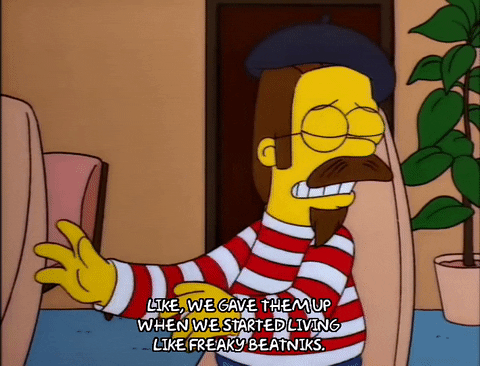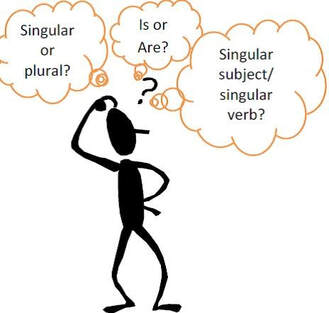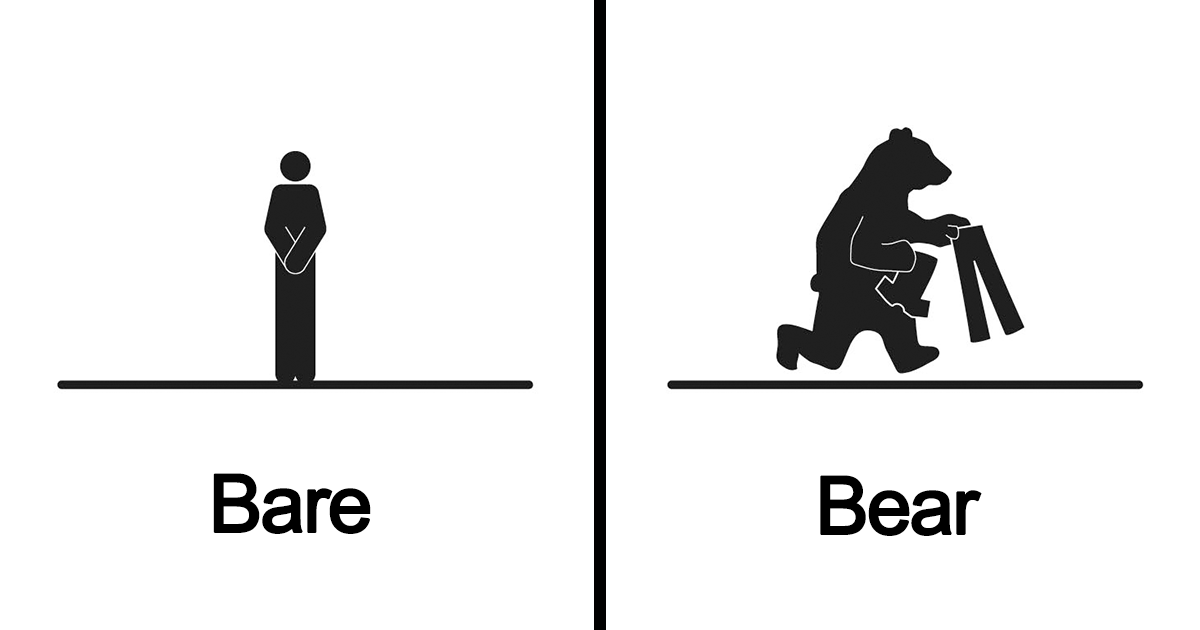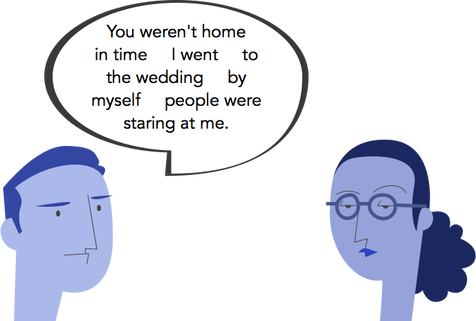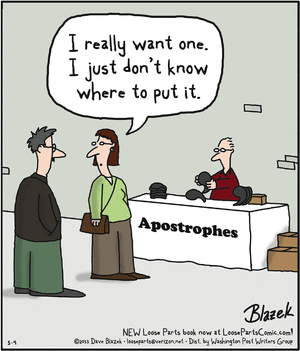AuthorHi, I'm Ray Evans. I'm a certified copyeditor and proofreader. Archives
September 2023
Categories |
Back to Blog
Hey there, literary aficionados! It's your trusty proofreader and copyeditor here, bringing you the ultimate lowdown on the top grammar faux pas that'll have your readers cringing faster than a decaf- drinking beatnik in a coffeehouse poetry slam. So buckle up, word-wranglers, and let's dive into the top 5 grammar mistakes every fiction author should avoid like a telemarketer at dinnertime. Subject-Verb DisagreementPicture this: you're crafting an epic tale of adventure, suspense, and romance when, lo and behold, your subject and verb are about as in sync as Milli Vanilli during a live performance. You see, subject- verb agreement is to writing what rhythm is to music: essential. When your subject's singular, your verb should be too; likewise for plural subjects. For example, "The team of superheroes fights crime," not "The team of superheroes fight crime." Remember, folks, it's all about harmony—unless you want your prose to read like a William Shatner rendition of "Rocket Man." Homophonic HysteriaAh, homophones: the linguistic equivalent of identical twins you can't tell apart in a lineup. These are words that sound the same but have different meanings and spellings (e.g., "there," "their," and "they're"). Mixing them up is like mistaking George Foreman for his five sons—also named George. Remember that "your" shows possession and "you're" is short for "you are," so writing "Your going to love this book" is like inviting someone to a surprise party at the wrong address. The Run-on Sentence RunaroundEver read a sentence so long it feels like you're watching a never-ending "Lord of the Rings" director's cut marathon? That's the run-on sentence for you. Joining two or more independent clauses without the proper punctuation (e.g., a comma or semicolon) or conjunction is like cramming too many clowns into a VW Beetle—it just doesn't work. Break up your clauses, and your readers won't need to catch their breath like a chain-smoking asthmatic on a 5k run. We'd fix the example above as follows: " You weren't home in time, so I went to the wedding by myself; people were staring at me." Or: " You weren't home in time and I went to the wedding my myself. People were staring at me. " Or you could fix it this way: " I want a divorce." An Apostrophe CatastropheIt's a bird, it's a plane, it's… the wild, unnecessary apostrophe!
Think of apostrophes as the cilantro of the punctuation world—a little goes a long way. Reserve them for contractions (e.g., "it's" for "it is") and possessives (e.g., "Shakespeare's quill"). But remember, they're not for plurals. Writing "I love dog's" is like trying to solve a Rubik's Cube blindfolded—you're only going to confuse yourself and everyone around you.
0 Comments
Read More
Your comment will be posted after it is approved.
Leave a Reply. |
 RSS Feed
RSS Feed
